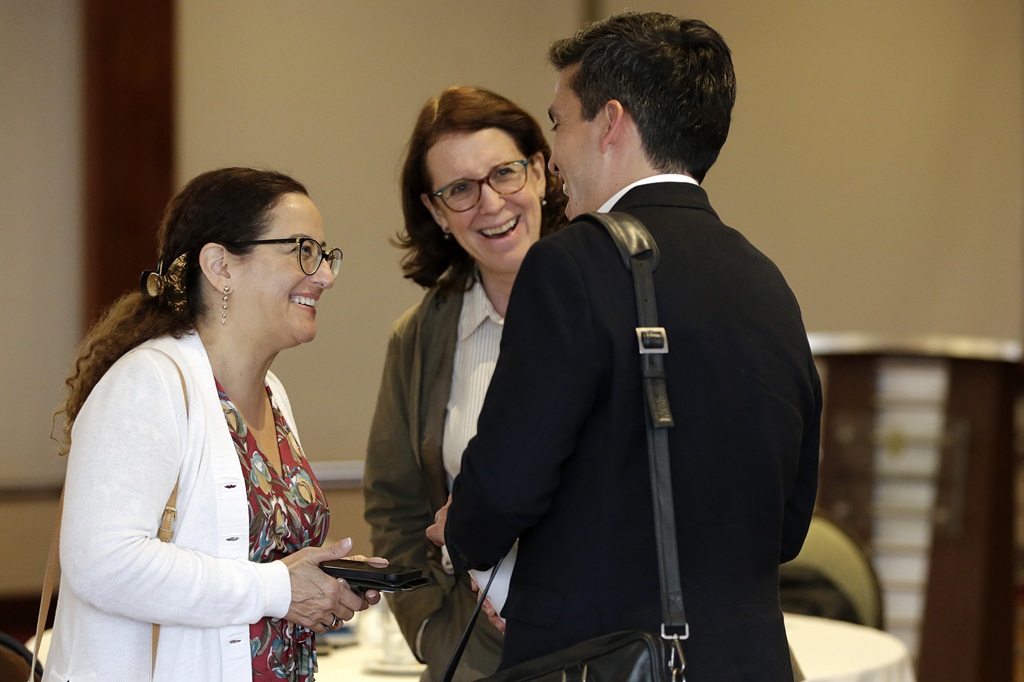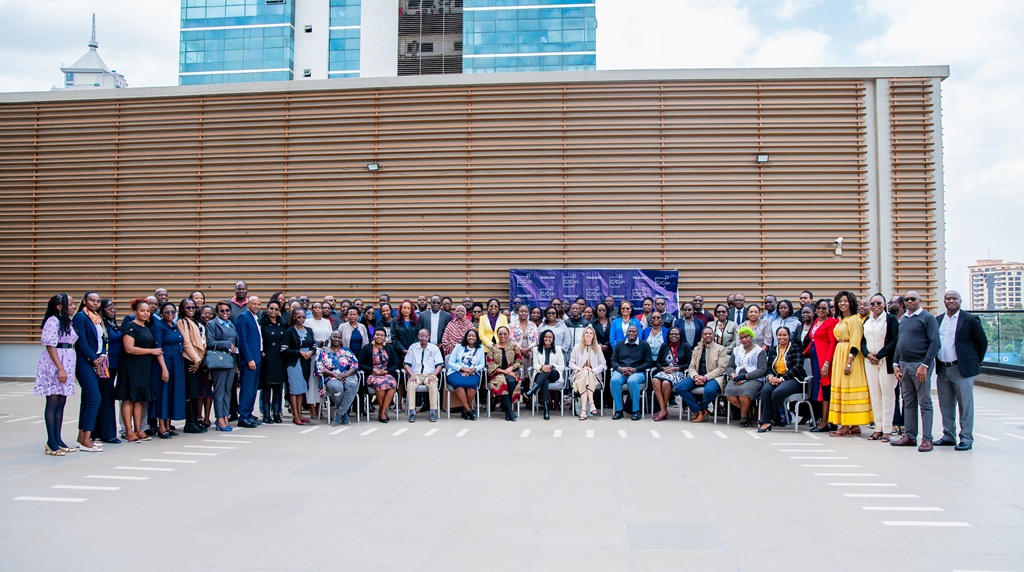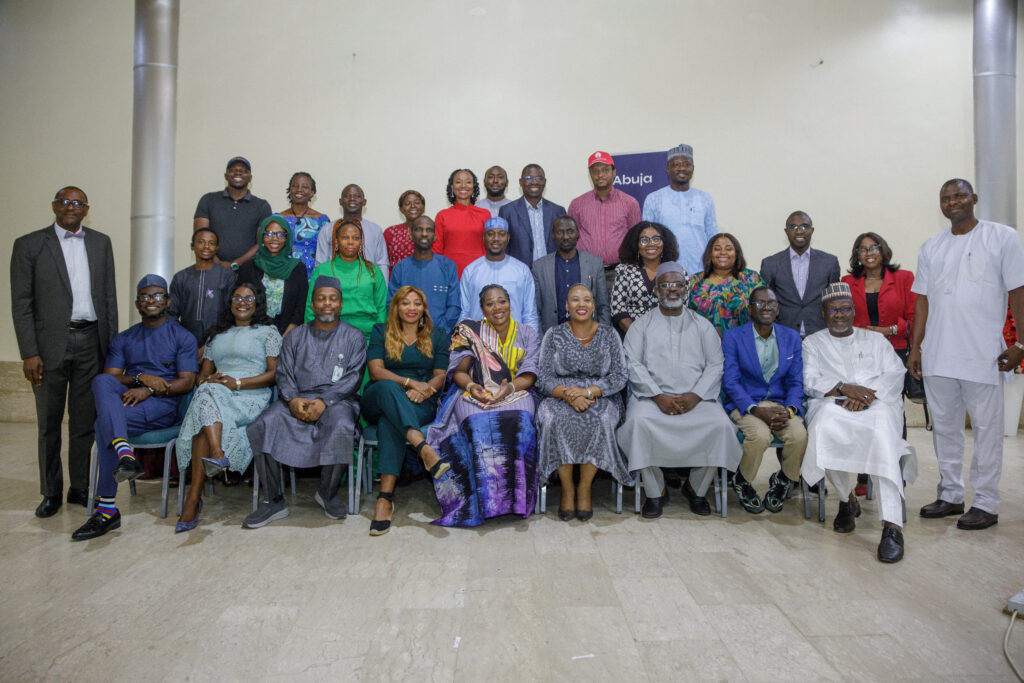
This week saw the second in C/Can’s series of webinars to connect cities, share knowledge and establish collaborations to support oncology care providers in these difficult times.
With Spain having the second-highest number of confirmed Covid-19 cases, cities have a unique opportunity to learn from the experiences of the Spanish health system to help them adapt and prepare to face the pandemic. Bringing together experts from the Catalan Institute of Oncology (ICO) and the Hospital del Mar, Parc de Salut Mar in Barcelona, the panellists shared strategies, experiences, and the initial results of some of the measures they have taken to tackle the pandemic and prioritise cases for continued cancer care.
Moderated by Isabel Mestres, Director of Global Public Affairs at C/Can, this rich discussion highlighted that even in the face of an extraordinary test of professional, personal and institutional maturity, there was a shared commitment to strengthen collaboration to support cancer patients and their families. Throughout the discussion, Ms. Mestres noted how the crisis had brought out the best in everyone, and the key role of collaboration between departments, hospitals and other groups, to ensure that access to quality cancer care is possible. For those Latin American cities at the precipice, it was critical to prepare for what is to come, and that this was an opportunity to learn from those in the midst of the crisis.
The panellists shared a number of key insights
Leadership, decision-making and organisation
Dr Jordi Trelis, Director of Care at the Catalan Institute of Oncology (ICO), underlined three principles that will be key in the response to this pandemic: leadership, decision making and organisation:
He stressed that hospitals require strong leadership, with a single person assigned to lead the response through a crisis committee made up of professionals who are working on the front line every day. This should include the leads for infectious diseases, preventive medicine, and occupational health. Regarding decision-making, Dr Trelis explained that
“we do not have sufficient resources to respond to all needs”, and adopting tools to help guide difficult decisions around patient management was key. Speaking about the importance of good organisation, Dr Trelis added: “We were able to transform the hospital within 24 hours. We have divided the hospital into COVID-19 and non-COVID-19 sections, so that emergencies and scheduled patient visits can be separated to avoid any crossover, and reduce infection risks. “At ICO L’hospitalet we deliver 39,000 chemotherapy treatments in a year, so it is essential to organise both the cancer patient flow, and the family members that accompany them.”
Dr Trelis concluded by highlighting the need to establish alliances within and across institutions to help manage the most vulnerable patients, as ICO has done with the Hospital del Mar.
Leveraging telemedicine
Dr Joan Albanell, Head of the Clinical Oncology Service at Hospital del Mar a tertiary general hospital, shared experience of how COVID-19 has affected their oncology services.
“70% to 80% of the hospital’s resources and professionals have been dedicated to the care of COVID-19 patients. Oncology professionals have also been redirected, and are part of a “pool of COVID-19 doctors”.
In response, the hospital has introduced two key response strategies for the management of oncology services: 1) the administration of chemotherapy and immunotherapy has been reduced by approximately 30%, with decisions taken jointly with patients and a multidisciplinary team to postpone or adapt the treatment schedule when safe to do so; and 2) in-person consultations have been reduced by 80%, and managed through telephone consultations instead.
Dr Albanell concluded with a message of hope:
“We are living through a crisis, but it is bringing out the best versions of every health professional and patient, and I believe we will all emerge from this crisis better people and professionals.”
Adaptation and flexibility
Dr Maria del Mar Vernet is the Coordinator of the Functional Breast Tumour Unit at Hospital del Mar, which is now mainly treating Covid-19 patients. Dr Vernet presented specific strategies for continuing cancer care, from screening and early detection, to diagnosis, clinical, surgical and radiotherapy treatment, palliative care and rehabilitation of patients with breast tumours. She stressed the importance of adaptation and flexibility of health professionals and patients to the continuous changes involved in decision making.
Meetings of the Multidisciplinary Tumour Committees continue to be held through a virtual telemedicine platform. All therapeutic decisions continue to be made through the Tumour Committee, following the emerging recommendations of national and international scientific societies.
With respect to surgical treatment, Hospital del Mar has designated all operating rooms as intensive care units for Covid-19 patients requiring a ventilator, leaving only one operating room for emergencies. Cancer surgery is largely being deferred. Priority is given to patients who have completed their neoadjuvant chemotherapy (CT) and receive surgical care within six weeks of completion. Other patients are evaluated on a case-by-case basis and referred for either CT or hormone therapy if they have an indication for neoadjuvant therapy. Patients prioritised for surgery require Covid-19 smears 48 hours prior to surgery, since preliminary studies published to date show a worse prognosis in intubated and COVID-19 positive patients. Hospital stay is reduced to the shortest possible time to reduce the risk of contagion. Postoperative hospital visits are being minimised, and patients are trained to carry out post-operative care at home.
During a Q&A session, the panellists, including Dr Gemma Mancebo, the Coordinator of the Functional Unit of Gynaecological Tumours at Hospital del Mar, provided insights on specific challenges and areas of concern in response to questions from webinar participants:
Managing COVID-19 screening and PPE
Dr Trelis highlighted the importance of not only providing information to healthcare professionals, but also training in the proper use of materials, and provision of all the necessary personal protective equipment (PPE). Dr Mancebo added that it is important for each hospital to establish protocols and regulations for the use of PPE.
Informed consent
On the question of having informed consent for cancer patients on the risks of contracting Covid-19 in the hospital, Dr Albanell commented that their Ethics Committee had recommended verbal agreement since it is immediate, and avoids the use of paper and exchange of physical documents with an increased risk of infection.
Prioritisation of cancer treatments
The criteria for the prioritisation of chemotherapy and radiotherapy have been changing day-by-day. The main challenge is defining the criteria used to make decisions about surgery and radiotherapy with multiple variables such as age, prognosis, type of tumour, and risk factors, explained Dr Gemma Mancebo.
“All treatment decisions are agreed with the patient. Patients are concerned about Covid-19, but their cancer remains the main concern”, added Dr Albanell.
The webinar and Dr Vernet’s presentation are worth watching in full:





